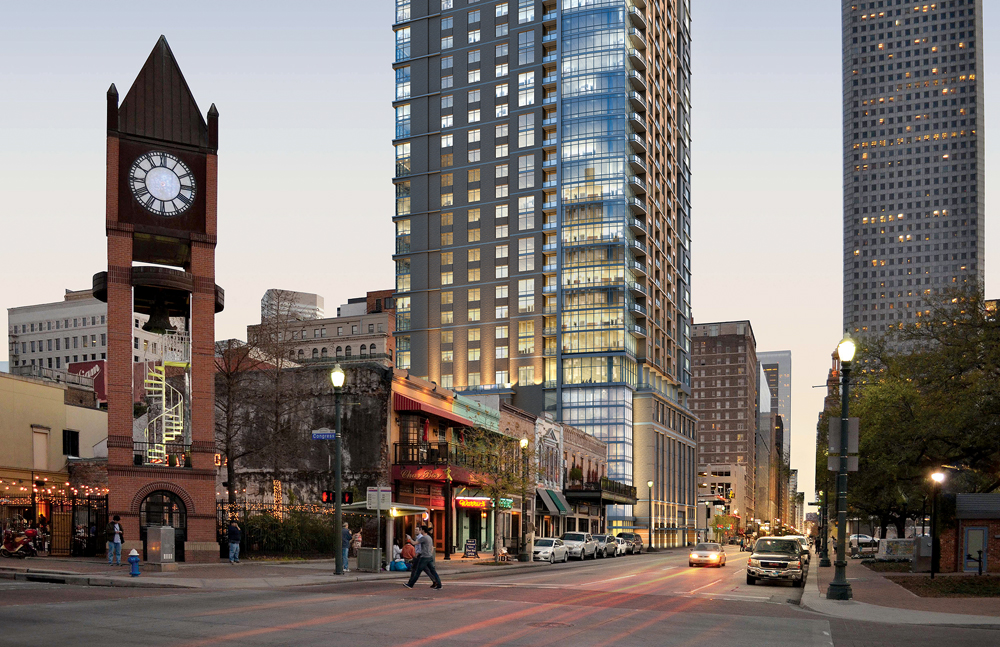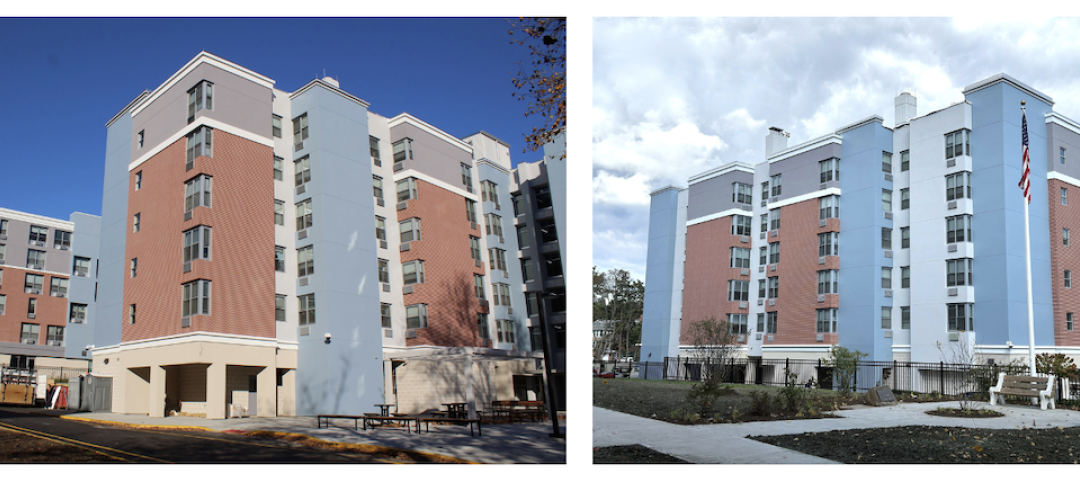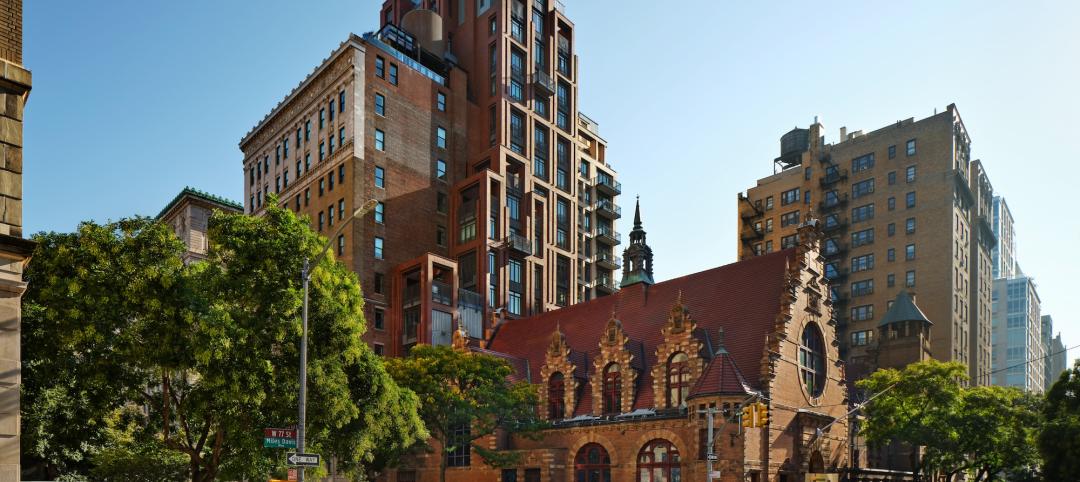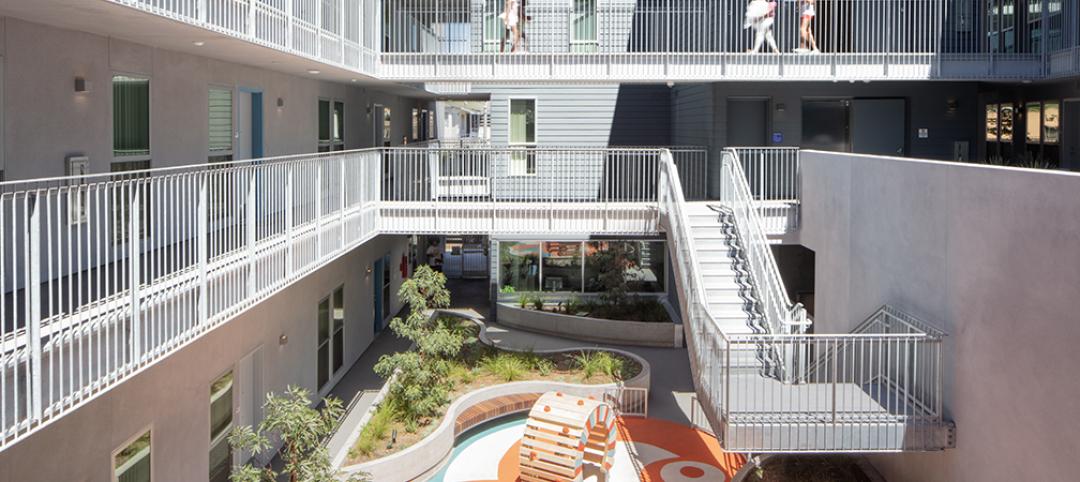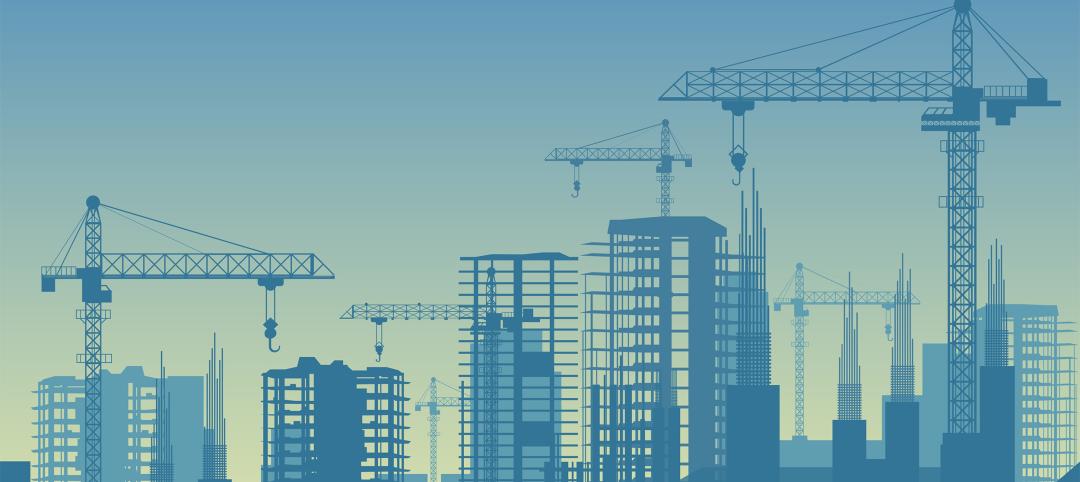The conventional wisdom about renters is that most of them would prefer to own their homes, and that many eventually will buy a house.
However, a survey of more than 25,000 adults—about one-third renters, two-thirds homeowners—found the renters to be more burdened by debt than homeowners and severely short of emergency savings. For many renters, a 20% down payment to secure a mortgage is a pipe dream; for some, even the government’s recent plan to bring back mortgages with 3% down payments might be a bridge too far.
The Financial Industry Regulatory Authority (FINRA), a nonprofit oversight organization authorized by Congress, conducted the study in 2012, and released its results last October.
For more on the multifamily housing sector, read BD+C's Special Report: "5 intriguing trends to track in the multifamily housing game"
In 2012, 36% of Americans were renters. The survey found them to be younger than homeowners; only 39% were married, compared to 63% of owners. Nearly three-fourths of renters (74%) had household incomes below $50,000, compared with 41% of owners.
The survey found renters to be less educated, and nearly twice as likely to be unemployed or temporarily laid off, than owners. Forty-two percent of renters are minorities, compared with 29% of owners.
About one in four renters (24%) said they found it “very difficult” to pay their bills, versus 12% of owners. Nearly half of renters (48%) said paying their bills was “somewhat difficult,” compared to 39% of homeowners.
Renters are burdened by a surfeit of debt. The survey found that renters were nine percentage points more likely than homeowners to carry credit card debt and nine percentage points more likely to carry student debt.
The difference was even more drastic for medical debt: 17 percentage points. (At the time the survey was taken, 68% of the renters said they had medical coverage, versus 85% of homeowners, but this was before the Affordable Care Act took effect.)
The scariest finding was that renters had practically no savings and live from paycheck to paycheck. Fifty-eight percent said they probably or definitely couldn’t come up with $2,000 in 30 days to cover an unexpected expense, compared to 29% of homeowners. Only 22% of renters (versus 50% of owners) said they had enough savings to cover three months’ expenses.
Related Stories
Adaptive Reuse | Mar 21, 2024
Massachusetts launches program to spur office-to-residential conversions statewide
Massachusetts Gov. Maura Healey recently launched a program to help cities across the state identify underused office buildings that are best suited for residential conversions.
Multifamily Housing | Mar 19, 2024
Jim Chapman Construction Group completes its second college town BTR community
JCCG's 200-unit Cottages at Lexington, in Athens, Ga., is fully leased.
Multifamily Housing | Mar 19, 2024
Two senior housing properties renovated with 608 replacement windows
Renovation of the two properties, with 200 apartments for seniors, was financed through a special public/private arrangement.
MFPRO+ New Projects | Mar 18, 2024
Luxury apartments in New York restore and renovate a century-old residential building
COOKFOX Architects has completed a luxury apartment building at 378 West End Avenue in New York City. The project restored and renovated the original residence built in 1915, while extending a new structure east on West 78th Street.
Multifamily Housing | Mar 18, 2024
YWCA building in Boston’s Back Bay converted into 210 affordable rental apartments
Renovation of YWCA at 140 Clarendon Street will serve 111 previously unhoused families and individuals.
Adaptive Reuse | Mar 15, 2024
San Francisco voters approve tax break for office-to-residential conversions
San Francisco voters recently approved a ballot measure to offer tax breaks to developers who convert commercial buildings to residential use. The tax break applies to conversions of up to 5 million sf of commercial space through 2030.
Apartments | Mar 13, 2024
A landscaped canyon runs through this luxury apartment development in Denver
Set to open in April, One River North is a 16-story, 187-unit luxury apartment building with private, open-air terraces located in Denver’s RiNo arts district. Biophilic design plays a central role throughout the building, allowing residents to connect with nature and providing a distinctive living experience.
Affordable Housing | Mar 12, 2024
An all-electric affordable housing project in Southern California offers 48 apartments plus community spaces
In Santa Monica, Calif., Brunson Terrace is an all-electric, 100% affordable housing project that’s over eight times more energy efficient than similar buildings, according to architect Brooks + Scarpa. Located across the street from Santa Monica College, the net zero building has been certified LEED Platinum.
MFPRO+ News | Mar 12, 2024
Multifamily housing starts and permitting activity drop 10% year-over-year
The past year saw over 1.4 million new homes added to the national housing inventory. Despite the 4% growth in units, both the number of new homes under construction and the number of permits dropped year-over-year.


